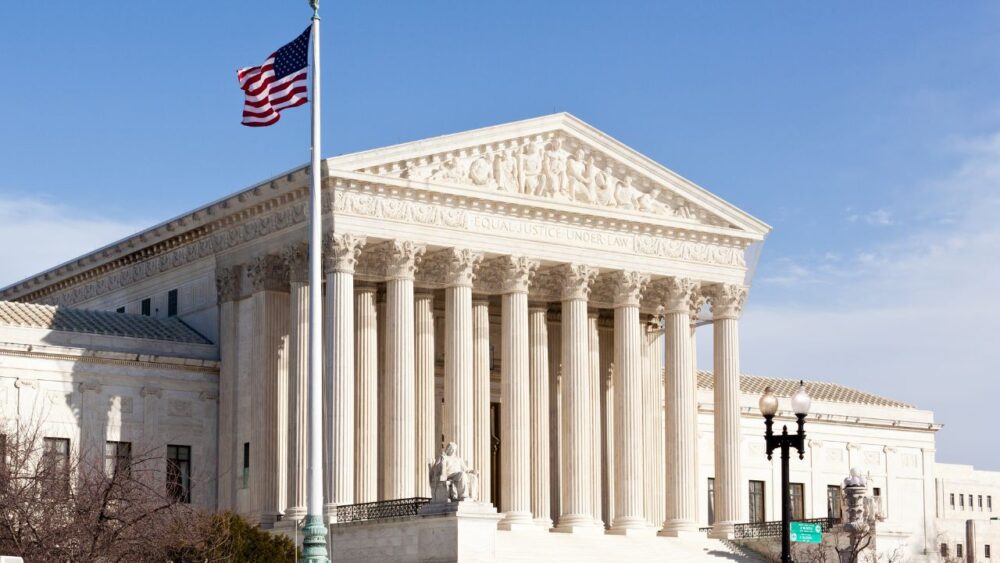The Supreme Court delivered a 6-3 ruling that allows federal immigration authorities to resume enforcement operations in Southern California, including Los Angeles. The Court stayed a lower court injunction that had barred immigration officers from considering factors such as appearance, language, type of work, or location when conducting stops.
Justice Brett M. Kavanaugh, concurring, wrote that “immigration stops based on reasonable suspicion of illegal presence have been an important component of U.S. immigration enforcement for decades, across several presidential administrations,” and that such suspicion may be based on the totality of the circumstances, including ethnicity as one relevant factor.
The three dissenting justices raised constitutional concerns about potential discriminatory enforcement. Justice Sonia Sotomayor warned: “We should not have to live in a country where the Government can seize anyone who looks Latino, speaks Spanish, and appears to work a low wage job. Rather than stand idly by while our constitutional freedoms are lost, I dissent.”
Civil rights advocates condemned the decision, arguing it opens the door to “racially discriminatory” enforcement. California leaders and immigrant community groups prepared new legal challenges and protests.
The case originated from a lawsuit challenging immigration stops in Southern California, where plaintiffs alleged the enforcement tactics violated Fourth Amendment protections against unreasonable seizures.
The decision affects Los Angeles and nearby counties. Law enforcement officials argued the ruling restores essential federal immigration authority, while community leaders warned of eroded trust and heightened fears among immigrant populations.
Immigration advocacy organizations described significant anxiety about civil liberties and safety following the Supreme Court’s decision. Supporters maintain the ruling clarifies that immigration stops still require reasonable suspicion under the totality of circumstances standard.


